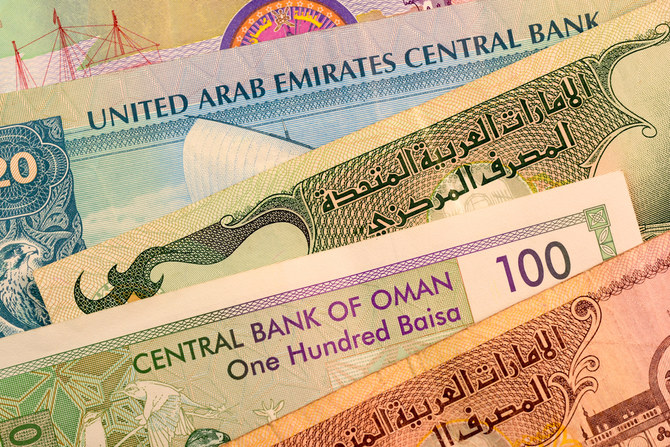
- ARAB NEWS
- 11 Jul 2025

RIYADH: The Gulf Cooperation Council economy is estimated to grow by 3.6 percent in 2024 and 3.7 percent in 2025, according to the World Bank.
The recent Gulf Economic Update report by the WB revealed that the GCC is set to grow by 1 percent in 2023 before picking up in the following two years.
This year’s weaker performance is driven primarily by lower oil sector activities, which are expected to contract by 3.9 percent, to reflect the successive production cuts by the Organization of the Petroleum Exporting Countries and its allies, known as OPEC+, and the global economic slowdown, according to the report.
However, the reduction in oil sector activities will be compensated for by the non-oil sectors, which are expected to grow by 3.9 percent in 2023 and 3.4 percent in the medium term, supported by sustained private consumption, strategic fixed investments, and accommodative fiscal policy.
World Bank Country Director for the GCC, Safaa El Tayeb El-Kogali, stated: “To maintain this positive trajectory, GCC countries must continue to exercise prudent macroeconomic management, stay committed to structural reforms, and focus on increasing non-oil exports.”
She added: “However, it is important to acknowledge the downside risks that persist. The current conflict in the Middle East poses significant risks to the region and the GCC outlook, especially if it extends or involves other regional players. As a result, global oil markets are already witnessing higher volatility.”
The latest issue of the GEU report, titled “Structural Reforms and Shifting Social Norms to Increase Women’s Labor Force Participation,” stated that the diversification efforts in the GCC region are paying off but more reforms are still needed.
Khaled Al-Hmoud, a senior economist at the World Bank, said: “The region has shown notable improvements in the performance of the non-oil sectors despite the downturn in oil production during most of 2023.”
According to the report, the Saudi private sector workforce has grown steadily, reaching 2.6 million in early 2023. Additionally, the labor force participation of Saudi women more than doubled in six years, from 17.4 percent in early 2017 to 36 percent in the first quarter of 2023.